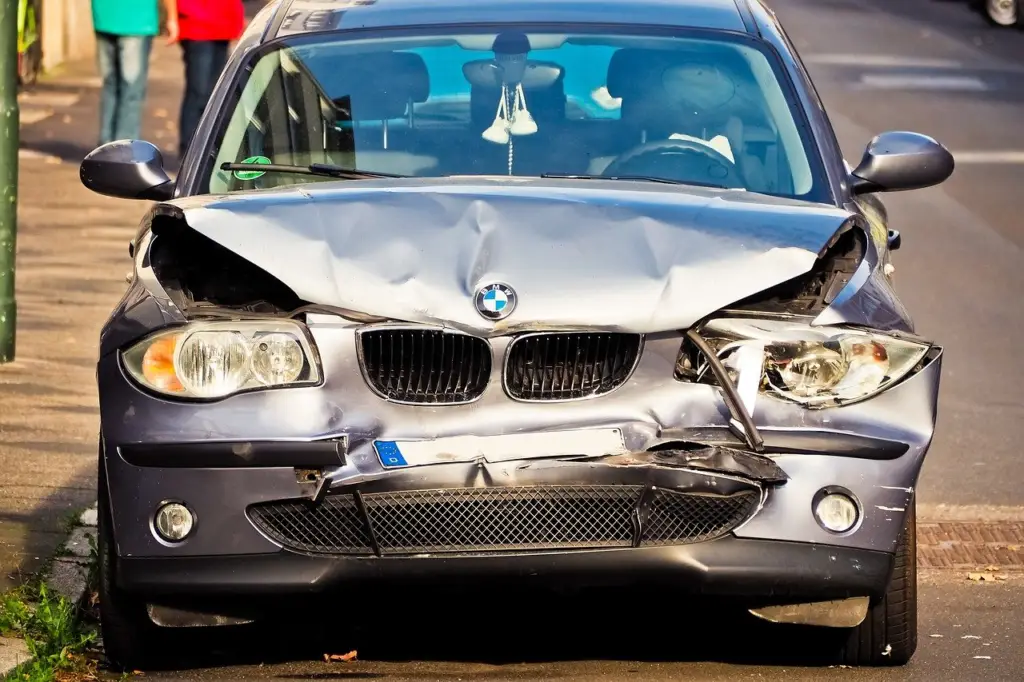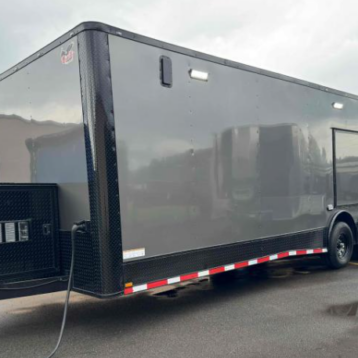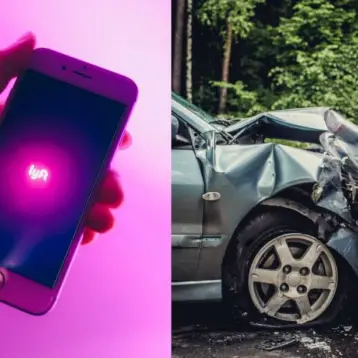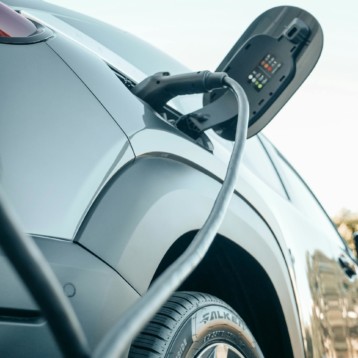
Looking for the best car auction deals?
Whether you’ll use your vehicle to go to work, investing in salvage cars is more economical. You need not worry about depreciation anymore. It already happened, so your car’s value won’t go down further.
Online car auction sites allow you to bid on these salvage cars. These are open to the general public. These are the places where you’ll get the best deals.
However, you’ll only achieve this when you know what salvage car to get. Read the rest of our guide to learn some tips:
Learn the Extent of Damage
The most common reason for cars to get the “salvage” label is car accidents. Some states also consider cars as salvaged when sustaining flood or fire damage. These types of damage can become tricky.
Cars with fire or flood damage will have working parts fail eventually. It’s difficult to predict when they do. It’s what makes them hard to restore, especially if you’re aiming for reliability.
Also, crash damage has both good and bad aspects. As a guideline, it’s better to pick salvage cars with a body or moving parts damage. Avoid buying those with bent frames since it compromises the vehicle’s safety.
Regardless of how good the car looks after repairs, bent frames are a headache to deal with. It’s a ticking time bomb because it will break when least expected.
Check Purchasing Details
When attending a salvage car auction, consider some notable details. Think about the following before you place your bids:
Insurance
Depending on your state, salvage car insurance differs. The insurance company also determines the coverage. Regardless, get a vehicle with liability insurance as the bare minimum.
Warranty
When getting a salvage auction car, don’t expect warranties. Most companies won’t. However, it won’t hurt to ask since some will if you’re lucky enough.
Financing
Don’t count on financing options for salvage cars. Most companies selling salvage cars won’t offer these. Most think that it’s cheap enough for an upfront cash purchase.
Registration
This will vary depending on your location. Some states require police officers to inspect your salvage-title car before registration. Others require repair shop certifications before licensing happens.
Claims
If your salvage car has comprehensive insurance, you’re in luck. Don’t expect them to pay over 80% of your vehicle’s listed value. It saves you a lot of trouble if you pay the state’s minimum insurance requirements.
Resale
Your vehicle will always be a salvage car. It matters not whether you pay for extensive repairs. Never expect to resale it for huge profits.
Trust Your Gut and Math
An insurance company sticks the salvage title on a car because its repair costs are more expensive than its value. Imagine the severity of damage it takes to make a new $50,000 car unworthy of repairs. Some salvage vehicles aren’t worth getting because of this reason.
Evaluate the damage description and compare it to the car’s price. If a salvage auction claims minimal damage on new cars, don’t trust it. Trust your gut since this deal is too good to be true.
Think of the Right Price Range
A salvage car that went through a complete reconstruction enjoys 60% of its clean title counterparts. Go to NADA and check the vehicle prices before bidding in an auction. Multiply the value by 0.6 and do your best to get lower prices than the computed value.
This formula assumes that the company repaired all damages. However, most of the time, it isn’t the case. If you buy these cars, deduct your estimated cost of repairs to have a more accurate computation.
Know About Theft Recovery Salvage Vehicles
When owners can’t recover their stolen cars within 20-30 days, insurance companies pay them. Afterward, they write it off as a total loss. If the car gets returned after that, it’s considered as a salvage, regardless of its damage.
Auctions aren’t stupid to put the same price on recovered stolen cars. They’ll put it for auction at a higher starting price. If they don’t, it’s a warning sign that some hidden damage is present.
Before sealing the deal, ensure that reputable repair shops inspected these vehicles.
Think About the Price of Repairs
Salvage cars either come as fully-repaired or in need of repairs. The former is easier since the company did the work. The auction company did some inspections and licensing for your sake.
When you buy a repaired salvage car, you can go home while driving it. The extra price can be a blessing if you have no time to do these by yourself. When you have an urgent need for a vehicle, this option is the way to go.
The advantage of buying wrecked salvage cars is overseeing the repairs. You’ll get the repairs done to fulfill your standards. You can pick the quirks you can deal with and save more money instead of getting everything done.
Regardless, a salvage car’s final bid price depends on how much you’re willing to repair on your own.
But still, even if the car seems ideal to you and it fully corresponds to its price, be sure to make a VIN check to find out the entire history of the vehicle.
Do a Post-Purchase Inspection
You can’t expect to win an auction salvage auto and drive off the freeway. Depending on the vehicle’s damage, you’ll endanger yourself and everyone on the road. Get help from a licensed repair shop, especially those licensed to inspect these cars.
Most states will also require you to do registration paperwork. It must detail the damage and repairs done afterward. Some states have separate offices for licensing vehicles with the salvage title.
Once that’s all over with, it’s time to think about transport. In the case that you don’t have a suitable way to transport it yourself, you can always rely on car shipping services to do the job for you.
Join a General Public Car Auction Today!
These are some of the general public tips to get the best salvage cars. Use these to determine whether your chosen car auction has vehicles worthy of your money and time.
Do you need more help with salvage vehicles? Use our contact form and let’s talk about your concerns.










